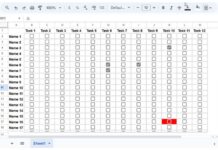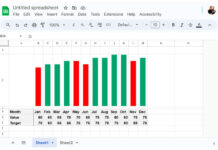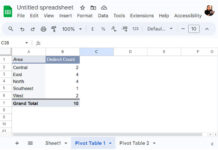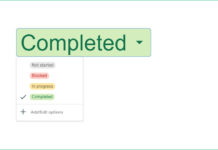The column Chart is actually a vertical Bar Chart. So we can create Column Chart in Google Sheets similar to Bar Chart.
The purpose of a column chart is to compare one or more categories or data sets over a period. Here over a period is optional though you can compare over the period also. I am following the over-the-period comparison in this tutorial.
Here I’m not going to compare any two products based on their features or anything of that sort. Here I’m following a different approach. I’m going to create a Column Chart in Google Sheets to Compare Job Progress.
When you want to compare multiple categories, the best way is to use is a RADAR chart. But the readability level is far better in the Column Chart though multiple categories can make the chart cluttered.
You can make a RADAR chart in Google Sheets using the below job progress data. But never suggested or nobody follows as Column Chart is simple to read and very effective with limited categories.
How to Create a Column Chart in Google Sheets
Here I’m using the sample data which I have used earlier to create an S Curve in Google Sheets. The difference, there I have used cumulative data, but here the monthly data.
Steps to Create Column Chart in Google Sheets
Data Preparation:
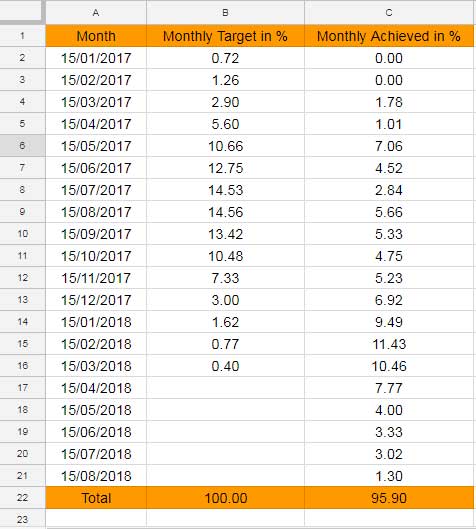
First, you should understand the above data set, then we can proceed to the chart creation.
Imagine you have a job in hand. As per that Job order/Work Order or SOR, you should complete the job within 15 months period that starting from 15/01/2017 to 15/03/2018.
As a standard procedure, you can consider the total job volume at 100% and distribute that percentage to each month based on the job activity involved and manpower required. The data you can see in Column B.
You had started the job and the given time already got elapsed. In column C, you can show what percentage you could complete against the scheduled percentage in Column B.
Must Read: Create Gantt Chart Using Wrike Online Project Management Software
From the sample data, you can clearly understand that you could not complete the job within the scheduled 15 months and you are lagging far behind.
You can use a Column Chart in Google Sheets to visualize this.
Creating Colum Chart:
This section reveals how to create a Column Chart in Google Sheets.
1. Select the data in range A1: C21.
2. Go to Menu Insert > Chart.
3. From the Chart Editor, Select Chart Type Column.
Your chart is ready. But you may require to do some extra customization to make the chart perfect.
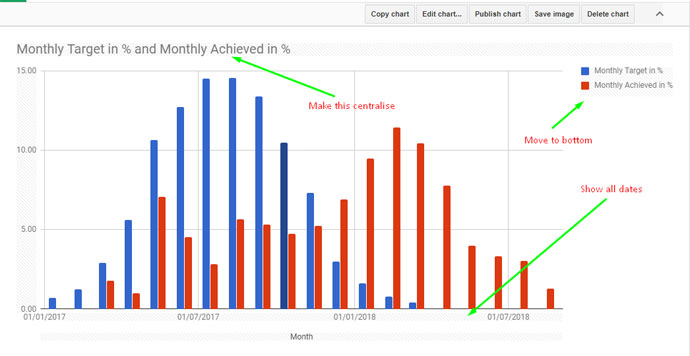
I’ve marked all the necessary Column Chart customization w.r.t. my sample data on the above image. What are they? I’ve detailed it below in a question and answer form.
1. How to show all the dates in X’ Axis of the Column Chart in Google Sheets?
Go to Chart Editor > Customize Tab > Enable “Treat Labels as Text” under Horizontal Axis Label.
2. How to move the Legend to the bottom of the Column Chart in Google Sheets?
Go to Chart Editor > Customize Tab > Under Legend Change Position to Bottom.
3. How to align the Chart Title?
Go to Chart Editor > Customize Tab > Under Chart & Axis Title Select Title and look for Title Format and make the changes.
Additionally, you can make this Google Sheets Column Chart 3D and also change the background color from white to any other color. These settings are also available under the customization tab, Chart Style. Hope you have enjoyed my step-by-step guide and learned how to create a Column Chart in Google Sheets.
Note: Check my CHART Section to learn about different types of Charts in Google Sheets.
